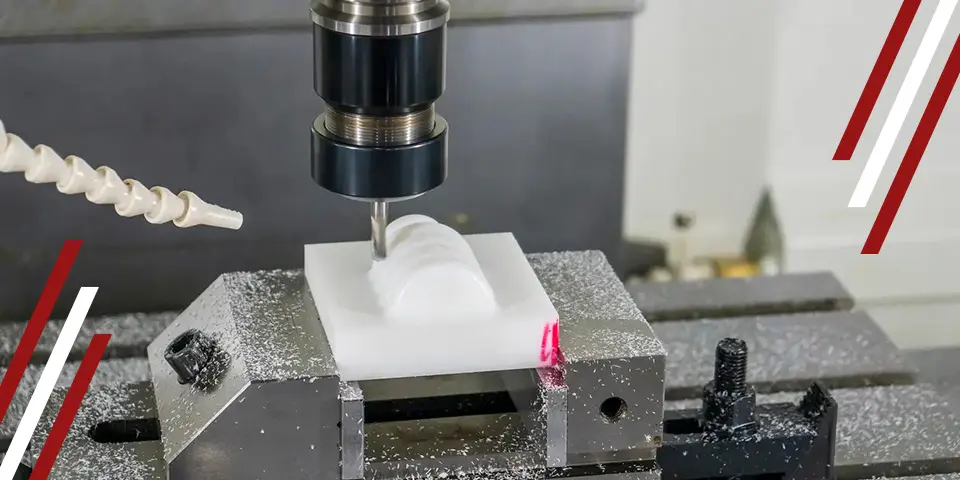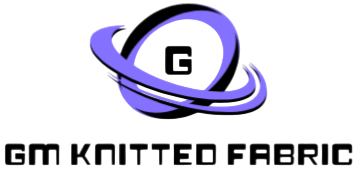Precision CNC Turning Delivers Consistent Quality for Every Metal Component
In today’s fast-paced manufacturing world, precision and consistency are non-negotiable especially when it comes to metal components used in critical industries. CNC turning, with its advanced automation and superior accuracy, stands at the forefront of this transformation, ensuring every part meets exact specifications with minimal deviation.
The Role of CNC Turning in Modern Manufacturing
CNC turning Computer Numerical Control is a subtractive machining process where a cutting tool removes material from a rotating workpiece. Unlike manual turning, CNC systems are fully automated, allowing manufacturers to produce highly complex parts with repeatable precision.
Key Advantages Include:
- Superior dimensional accuracy
- Efficient handling of complex geometries
- Reduced human error
- High repeatability and production speed
These benefits make CNC turning by Uneed ideal for sectors such as aerospace, automotive, electronics, and medical devices, where tight tolerances and absolute reliability are essential.
Delivering Consistent Quality at Every Scale
Whether it is a small prototype run or full-scale production, CNC turning offers unmatched consistency. Thanks to programmable controls and real-time monitoring, each metal component is manufactured with the same level of detail and quality.

Key Elements of Consistency:
- Advanced toolpath programming ensures minimal variation between batches.
- Real-time feedback systems help detect and correct deviations immediately.
- High-grade cutting tools and coolants extend tool life and maintain finish quality.
- Multi-axis capabilities improve accuracy for complex shapes.
Consistency at this level is vital when producing components like shafts, pins, bushings, and housings that must fit precisely into larger assemblies.
Materials That Benefit From CNC Turning
CNC turning is compatible with a wide range of metals, making it a versatile solution for component fabrication. Commonly used materials include:
- Aluminum – Lightweight and corrosion-resistant
- Stainless Steel – Strong and heat-resistant
- Brass – Great for low-friction applications
- Titanium – Ideal for aerospace and medical industries
- Carbon Steel – Tough and cost-effective
Each material presents different machining challenges, but CNC turning adapts with precision, maintaining surface integrity and tight tolerances across the board.
Innovation and Efficiency with Every Turn
Modern CNC lathes come equipped with features like automatic bar feeders, live tooling, and integrated quality control systems. These innovations lead to faster turnaround times and reduced waste, making CNC turning an eco-friendly and cost-effective option.
Key Takeaways:
- Delivers high-volume production with minimal variation
- Supports rapid prototyping and iterative design
- Enables lean manufacturing through optimized material use
- Reduces lead times and post-processing requirements
Why Precision Matters for Your Business
For companies seeking reliable results and scalable solutions, precision CNC turning is more than just a process it is a competitive advantage. Whether you are building custom components or mass-producing parts, consistent output directly impacts product quality, brand reputation, and customer satisfaction.
Final Thoughts:
CNC turning continues to revolutionize how we craft metal components, combining accuracy, repeatability, and speed to meet modern industry demands. As technology advances, CNC turning will remain a critical part of building better, smarter, and more efficient manufacturing solutions.
